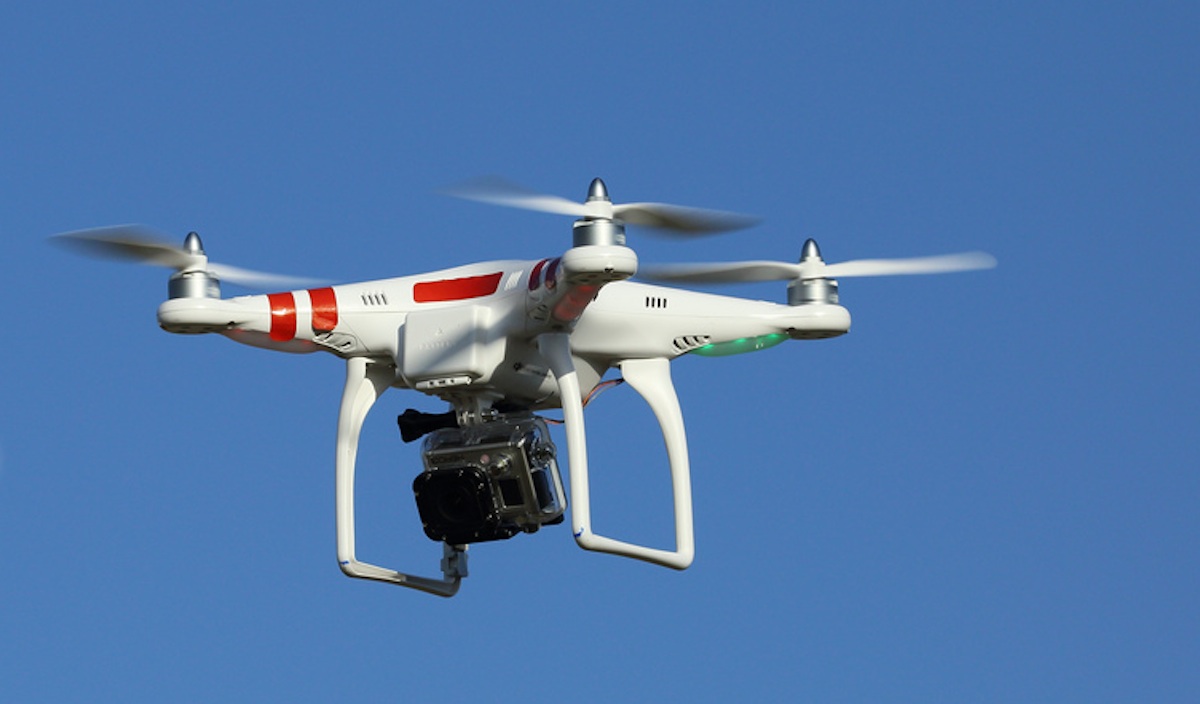Orwellian “smart” city rolling out in Toronto: Google’s high tech neighborhood will monitor EVERYTHING, raising privacy concerns
02/06/2018 / By David Williams

Many cities of the future will undoubtedly incorporate surveillance in one way or another. One need only look at modern cities today to see how much data is being collected on its private citizens. But what if a supposedly future city that carried out mass surveillance on its citizens already existed? Indeed it will, and it’s a pioneering project headed by none other than Google as part of efforts being conducted through its parent company Alphabet, Inc.
Plans for the future “Google City” are currently being laid out for future deployment on a known disused area of Toronto’s waterfront, where a series of high-tech neighborhoods are expected to be opened, in order to see how far the concept of such communities can be taken. According to a report on the said plans, Alphabet has its eye on much bigger things but will focus on launching the Toronto waterfront smart city first as a proof of concept.
In the futuristic city planned for construction, there will be constant surveillance through all sorts of sensors located pretty much everywhere, according to reports. In fact, it is said that everything from trash cans to traffic lights can be equipped with surveillance equipment, as well as with networking capabilities that will allow them to upload and back up the data they have recorded on people at all times of day. A city where different sensors pick up on all sorts of things happening each day isn’t that hard to imagine. But when you consider that all of the data might be going into the hands of a single company, with the power to possibly do dubious things with it, you may find it a little hard to stomach.
The plans for the future Google City are said to be part of a broader scheme for Sidewalk Labs, an Alphabet-owned subsidiary that will soon begin construction of an area called simply “Quayside,” which is located somewhere around southeast of downtown Toronto. This is where the first stage of the over-arching city-wide surveillance technology will be tested, before it gets brought in through the Eastern Waterfront in the area known as Port Lands, which is one of the largest areas of underdeveloped urban land in North America. It spans an area that measures more than 325 hectares or around 800 acres.
Having all the equipment in place for measuring all kinds of data could be useful, in theory. After all, as Google has shown with its work on the internet, data mining can be used as a force for good, improving people’s lives and making things that much easier to do. However, there are also massive privacy concerns concerning such wide-reaching surveillance capabilities. As one expert states, living in a so-called smart city such as the one described above would mean relinquishing your rights as a human being without even putting up a fight at all.
In an interview with CBC News, David Murakami Wood, an associate professor at Queen’s University in Kingston, Ontario, said, “I think in some ways what we’re facing here is a situation where none of this is very much like anything we’ve seen before. I think maybe we’re putting too much emphasis on privacy as a defense against this kind of surveillance capitalism. And I think we’re going to find out the limitations of that approach pretty soon, because it doesn’t deal with a lot of other issues around human rights and forms of inequality that are generated through these systems.”
With the advent of such a city, deeply entrenched in such technologies as non-stop video recording and audio capture, people may eventually need to adjust and adapt to their surroundings to continue enjoying what benefits they find for themselves. However, as Wood points out, it may be pertinent to take a closer look at how else lives can be affected by this level of involvement by outside technology in people’s lives, as it is rather unlike anything that has ever happened to any generations in the past.
Read more news about tech glitches at Glitch.news.
Sources include:
Tagged Under: Alphabet, Glitch, Google, mass surveillance, Orwellian, police state, privacy, Sidewalk Labs, Smart City, surveillance, Toronto, totalitarian




















